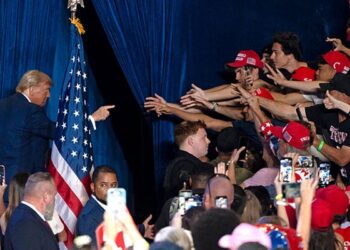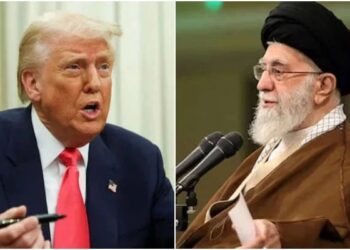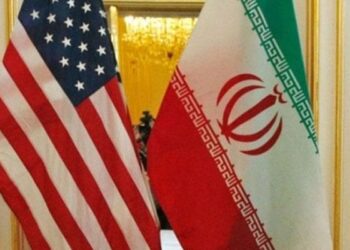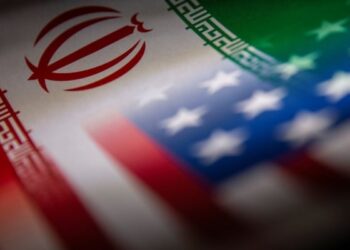Iranian Foreign Minister Heads to Russia for Nuclear Talks Before US Negotiations
TEHRAN – Iran’s Foreign Minister, Abbas Araghchi, is scheduled to visit Russia this week for discussions surrounding the nation’s nuclear program, just ahead of renewed indirect talks with the United States.
On Saturday, Araghchi engaged in discussions with the U.S. Middle East envoy, Steve Witkoff, in Oman. This meeting marked the highest-level negotiations since the 2015 nuclear agreement fell apart.
U.S. President Donald Trump, who re-entered office in January after previously withdrawing from the deal, has shifted the focus back onto Iran. In March, he sent a letter to Iran’s Supreme Leader, Ayatollah Ali Khamenei, urging nuclear negotiations and cautioning against potential military action if Iran refuses to cooperate.
For years, Western nations, including the United States, have long harbored suspicions that Iran is attempting to develop nuclear weapons—claims that Tehran has consistently dismissed, asserting that its nuclear program serves peaceful purposes.
Russia, a staunch ally of Iran and a party to the 2015 agreement, along with China, has been involved in discussions with Tehran regarding its nuclear activities in recent weeks.
"Dr. Araghchi will travel to Moscow at the end of the week," announced Foreign Ministry spokesman Esmaeil Baqaei, who emphasized that this pre-scheduled trip would be a chance to review the latest developments related to the Muscat discussions.
Maria Zakharova, spokeswoman for the Russian foreign ministry, noted that Araghchi would hold talks with Russian counterpart Sergei Lavrov and other officials during his visit.
Both Iran and the United States claimed that Saturday’s discussions were "constructive." Moscow endorsed the negotiations, advocating for a diplomatic resolution while warning that military conflict would result in a "global catastrophe."
Another round of talks between Iran and the U.S. is set to occur in Oman on Saturday, according to the foreign ministry spokesperson, who previously suggested Rome as a possible meeting venue.
‘Red Lines’
Baqaei stated that the upcoming discussions would remain indirect, mediated by Oman, and emphasized that direct talks are “not effective” and “not useful.” Oman’s foreign minister previously facilitated communication between the two delegations during the last round of discussions.
Baqaei clarified that the focus of the next meetings would strictly be on the nuclear issue and the lifting of sanctions, stressing that Iran will not engage in discussions with the U.S. on any other topics.
On Sunday, IRNA reported that Tehran’s influence in the region and its missile capabilities rank among its "red lines" during the negotiations.
Following the U.S. withdrawal from the 2015 agreement three years ago, hard-hitting sanctions were reimposed on Iran. Iran adhered to the agreement for a year post-Trump’s withdrawal but subsequently began to scale back its compliance.
Iran has reiterated that it does not seek nuclear weapons.
Trump addressed reporters Monday regarding Iran, stating, "I’ll solve that problem,” and adding, “That’s almost an easy one." However, it remains ambiguous whether his comments pertain specifically to nuclear negotiations or to broader issues concerning the Islamic Republic.
Baqaei also mentioned that Iran would receive Rafael Grossi, the head of the United Nations nuclear watchdog, in the coming days, although specific details about his visit are still being finalized.
In a post on social media platform X, Grossi confirmed that he plans to travel to Tehran "later this week," emphasizing the importance of "continued engagement and cooperation with the Agency at a time when diplomatic solutions are urgently needed."
IRNA later reported that Grossi would arrive on Wednesday and meet with both Araghchi and Mohammad Eslami, the head of Iran’s nuclear energy agency. Grossi last visited Iran in November for discussions with senior officials, including President Masoud Pezeshkian.
In its most recent quarterly report in February, the International Atomic Energy Agency (IAEA) indicated that Iran possessed approximately 274.8 kilograms (605 pounds) of uranium enriched to levels of up to 60 percent. This is significantly above the 3.67 percent limit established under the 2015 agreement and approaches the 90 percent threshold typically associated with weapons-grade material.





